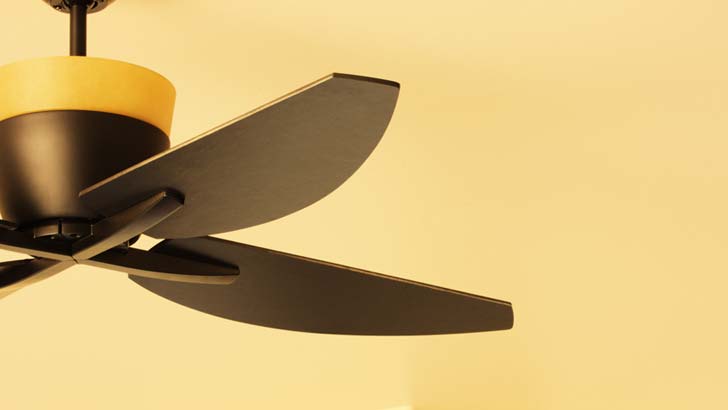Having stayed home during quarantine, and with winter ahead, most of us are expecting a hike in our energy bill, but you can get the cost down with a few changes.
According to research by comparethemarket.com.au, 84% of Australians are expecting their energy bill to be higher than usual because of home-based work and schooling during the pandemic.
It found that for a family of four living in central Brisbane, being at home 40% more during the shutdown would likely result in an increase of 30% on their energy bill.
Home office technology and home entertainment are one of the highest sources of energy usage accounting for up to 33%.
Of course, talking to gas and electricity providers to find the best deal is always a good idea, but we should also see how we can reduce our energy consumption.
10 tips to save on energy bills
1. Only heat the space you are using. Reduce the area by closing doors to other rooms and parts of the house.
2. Use simple methods to insulate your home. If cold air is getting in and warm air is getting out, invest in door seals, draft-proofing strips and door snakes to stop heat escaping and reduce your heating costs by up to 25%.
3. Close your curtains and or blinds when the sun goes down. This is an easy way to stop heat escaping, as windows can let more than 40% of the warmth leak out of your home. Open up curtains and blinds during the day, if you can, to let sunshine in.
4. Keep showers brief. According to Origin Energy, hot water usage accounts for around 21% of your total energy bill so shorter showers can result in big savings in the long-run.
5. Use a laptop instead of a desktop. Desktops consume more energy than laptops as they need to be permanently plugged in while laptops use their own battery and connect to power in around three-hour blocks. Additionally, the larger screen on a desktop monitor makes it more costly to run. For example, a five-star energy rated computer monitor with a 16-inch screen will cost about half that of a 27-inch screen to run. You should also take advantage of power-saving features on your computer such as sleep and hibernation mode so you aren't using excess energy when you're not using it, according to the Victorian State Government.
6. Recharge electronics at night. This will save you money if your electricity usage is cheaper during off-peak periods.
7. Turn off lights when you're not using them, and switch off items at the powerpoint. Televisions and appliances still use energy in standby mode, and Energy Australia estimates it can save 10% on your power bill if you switch them off at the socket. Plus, it's better for the environment.
8. Look at other methods to save energy costs on heating your home. AGL says double-glazed windows reduce temperature transfer from outdoors while also cutting down on traffic noise. This isn't cost effective if you aren't building a home or renovating but it's something to keep in mind if you are. Installing outdoor shutters can also prevent hot and cool air from leaving your home by working in a similar way to blinds and curtains.
9. Only run appliances when they are at full capacity. Don't run half full appliances, wait for a full load before running the washing machine or dishwasher to save on both water and power costs.
10. Use the COVID work from home allowance, the ATO will allow Australians working from home to claim expenses at 80 cents per work hour for additional running costs. For 12 weeks from March to June - you may be able to claim around $448 dollars using this method.

Taking good care of your home
There are some simple home maintenance hacks that can help save money on your energy bills.
- Clean your dishwasher, washer, dryer, and fridge regularly to ensure they are working at their best. Cleaning the coils at the back of the fridge just twice a year can save $60 off your energy bill.
- Make sure that the seals around your oven and your stovetop are clean to make the most of the heat they are generating.
- Ensure your rangehood and other extraction fans in your home are clean and degreased regularly to ensure they are working at full capacity.
- Regularly vacuum the filters in your split-system or ducted heating to improve efficiency, and switch ceiling fans into winter mode.
Get stories like this in our newsletters.